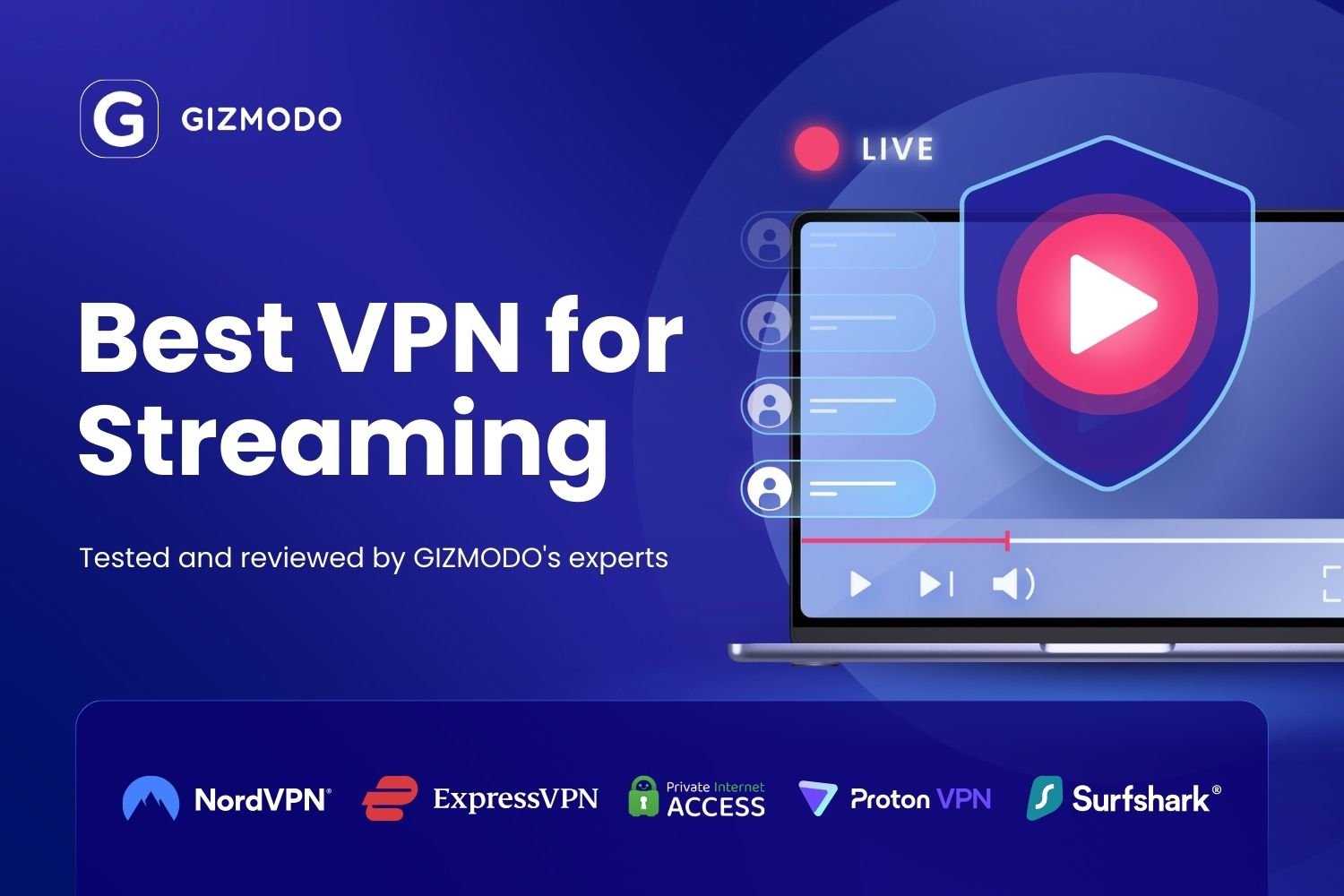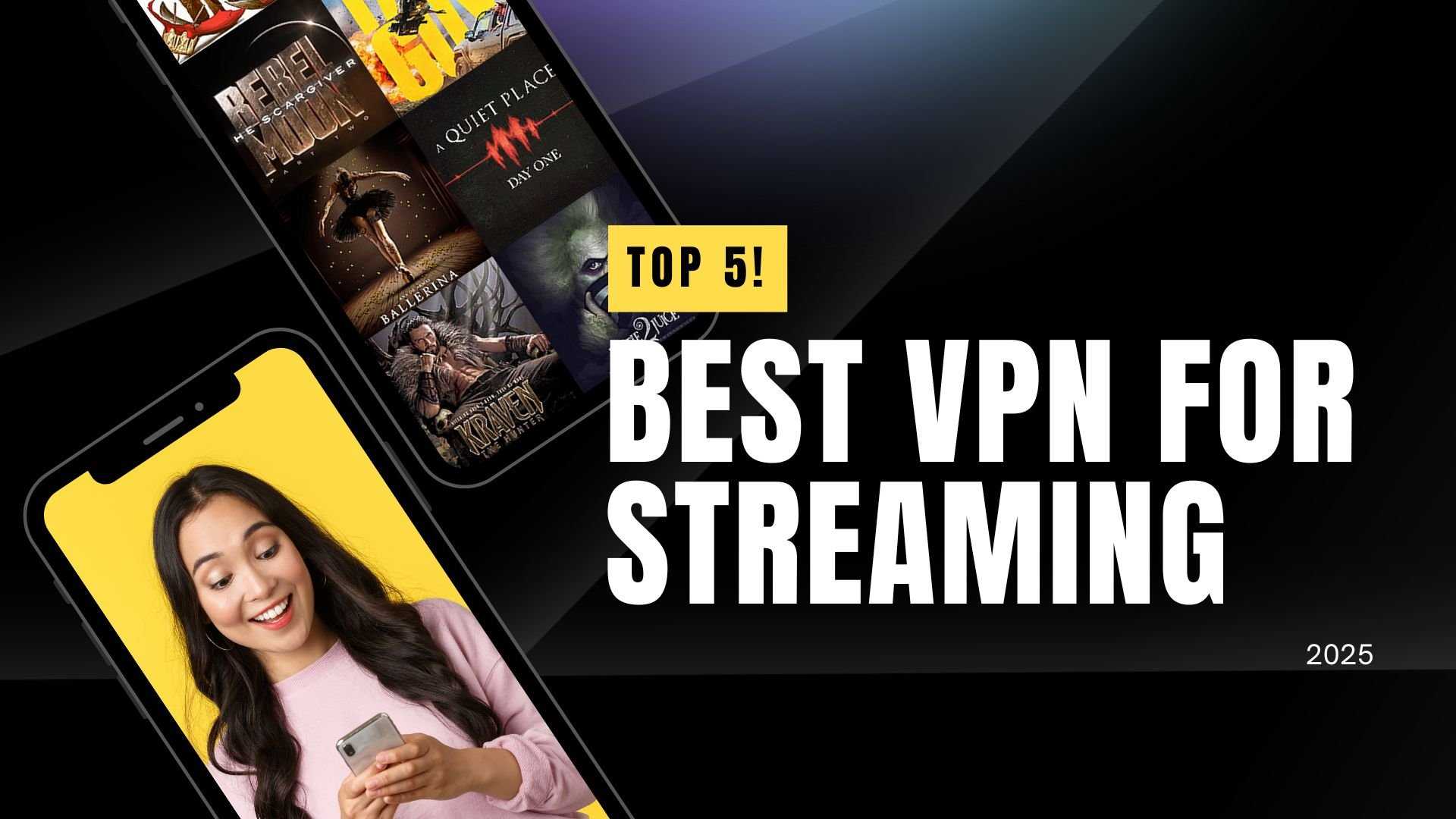Physical Address
Timertau, Pr. Respubliki 19, kv 10
Physical Address
Timertau, Pr. Respubliki 19, kv 10


As remote communication grows in importance, particularly in 2025, ensuring a private connection during video interactions becomes essential. The rise of virtual private networks (VPN) has transformed how users engage in high-quality, secure discussions, making them a vital tool for anyone relying on stream-based platforms. The implementation of effective solutions not only enhances connection speeds but also ensures safety against online threats.
The core fundamentals of establishing a secure environment hinge on understanding how to optimize your settings. One must be familiar with protocols like WireGuard, which can significantly decrease latency while maintaining privacy. Embracing such technologies can aid in achieving a smooth experience where disruptions are minimized, ultimately improving communication effectiveness.
Building a reliable configuration is not just about choosing the right service; it’s also essential to focus on speed and reliability metrics. By exploring key options available in the market today, users can assess the performance capabilities and additional features that might cater to their specific needs. Prioritizing robust encryption methods, such as AES-256, can also bolster overall security, ensuring that video interactions remain confidential.

A key aspect of selection involves evaluating connection speeds. For optimal quality, aim for a provider that can consistently deliver at least 25 Mbps. Recent trends highlight that protocols like WireGuard can significantly reduce latency, improving the overall user experience. For instance, leveraging new technologies can streamline connections, making buffering a rare occurrence.
Moreover, consider server presence. A vast network of servers spread across multiple regions ensures users can access an extensive range of media libraries. This aspect is especially useful for accessing content restricted in certain areas. Services such as CyberGhost often provide this capability, with thousands of servers available globally.
Data encryption standards are another crucial point. Look for services employing AES-256 encryption for robust security. This not only safeguards sensitive information but also helps in bypassing regional restrictions without compromising connection quality.
In the market, various options are worth noting. For instance, providers like NordVPN and Surfshark offer competitive pricing and additional features like ad-blocking and malware protection which enhance the streaming experience. A comparison with a neutral benchmark, such as ProtonVPN, can provide insights into service reliability and effectiveness in handling high-definition content.
Finally, conduct speed tests. Performance evaluation through trusted tools like Ookla can offer real-world data on how well a service performs under different conditions, ensuring that the selected provider meets expectations for smooth video calls. This holistic approach allows users to confidently select a VPN tailored for optimally enjoying uninterrupted viewing experiences.
Prioritizing the right configurations can significantly enhance your call experience while utilizing a secure connection. To achieve optimal performance, several key settings should be adjusted. Start by ensuring the selection of a protocol that minimizes latency. For instance, protocols like WireGuard may offer reduced latency compared to traditional options, thereby improving call quality.
Next, consider enabling split tunneling. This feature allows you to route only specific traffic through the secure channel. For video calls, it ensures a more efficient connection by allowing other internet activities to run on your regular network. This can prevent congestion that often leads to jitter during calls.
Adjusting encryption strength can also impact performance. While AES-256 is widely regarded as the gold standard for security, switching to a slightly less intensive option like AES-128 could yield better speeds without compromising too much on safety, especially if high call quality is your primary concern.
Test various server locations to identify which provides the best speed for your area. Ideally, the closer the server to your physical location, the lower the latency. Utilize speed test tools to check the performance of different servers, aiming for a connection speed above 10 Mbps, which is suitable for HD calls.
Lastly, consider prioritizing bandwidth for calling applications within your network settings. This ensures that your calls receive the necessary resources to maintain clarity and stability, even if other users on the network are consuming significant bandwidth.
For further detailed insights and technical explanations, refer to trustworthy sources such as the Digital Trends article on improving video call quality, which discusses related aspects of technology and connection management.
To measure internet speed effectively with CyberGhost or any other VPN, follow these steps:
1. Select a Reliable Speed Test Service: Use reputable platforms such as Ookla or Fast.com. These services provide a clear assessment of your current upload and download speeds.
2. Connect Your VPN: Launch CyberGhost and choose a server close to your physical location. This minimizes latency and maximizes speed during your tests.
3. Perform the Speed Test: After connecting, initiate the speed test on your selected platform. Take note of the upload and download speeds displayed.
4. Evaluate the Results: For optimal video communication, a minimum of 10-20 Mbps is typically recommended. If your test results with the VPN fall below this threshold, consider switching servers or adjusting settings within the application.
5. Repeat If Necessary: Conduct several tests at different times and with varying servers to identify the most stable connection. This will help ensure a reliable experience during your actual call.
Utilizing these strategies helps guarantee that your connection remains robust, allowing for a smooth interaction when it matters most. By prioritizing these preparations, you enhance your chances of maintaining high-quality conversations, especially when relying on CyberGhost for secure and private connection management.
If video calls lag or have low resolution, check your speed. For HD calls in 2025, expect a minimum of 10-20 Mbps. Experiment with different servers because proximity to the server affects speed significantly.
Frequent disconnections can disrupt conversations. Ensure you’re using a reliable protocol like WireGuard, which is known to minimize latency and enhance stability.
Some services block VPN traffic. Test connections regularly, especially if transitioning between different platforms. If issues persist, consider alternative providers that specialize in bypassing these restrictions.
Occasional video distortion may occur due to hardware limitations or low bandwidth. Prioritize a device with adequate processing power and ensure your network can handle multiple devices if needed.
For those facing challenges in activating software like Windows, platforms such as how to pick a store for key purchase guarantee a seamless process, vital for maintaining a hassle-free environment for your calls.
By resolving these issues promptly, you can optimize your experience and maintain clear, uninterrupted communication during your sessions.

Firstly, opt for a protocol like WireGuard. This lightweight alternative offers reduced latency and improved speeds compared to traditional protocols. Maintaining a connection that supports at least 150 Mbps is recommended for seamless viewing.
Next, choose a provider that employs robust encryption standards, such as AES-256. This level of security protects data from unauthorized access, ensuring that private conversations remain confidential.
Regularly update your VPN application. Providers frequently release updates that patch vulnerabilities, enhancing overall security and performance. Always enable automatic updates if available.
Enable features like Kill Switch and DNS leak protection. A Kill Switch prevents accidental data exposure by disconnecting your internet if the VPN connection drops, while DNS leak protection ensures your browsing activities remain hidden.
Consider the geographical location of the server you connect to. Selecting a nearby server can minimize latency, improving the video quality for calls. Avoid servers in regions with restrictive internet policies to ensure smooth access to platforms.
Widen your browser’s privacy settings. Utilize incognito modes to limit tracking and enhance security while streaming. Additionally, think about employing ad-blockers to reduce distractions and unwanted interruptions during your sessions.
CyberGhost, a well-known provider, offers features tailored for video enthusiasts. They provide optimized servers specifically designed for high-bandwidth applications, which can significantly enhance the user experience.
Incorporate a secondary layer of security, such as two-factor authentication, to safeguard your account. This additional step protects against unauthorized access, providing peace of mind when handling sensitive communications.
Regularly monitor your connection speed. Tools like Ookla can help assess performance periodically, ensuring you maintain optimal streaming capabilities over your chosen service.
To conclude, a meticulous approach to securing video interactions through a VPN enhances not only protection but also the overall quality of communication. Embracing these practices will lead to a smoother and safer experience, ideally suited for both personal and professional engagements.
| Provider | Speed | Servers | Price | Special Features |
|---|---|---|---|---|
| NordVPN | 300 Mbps | 6000+ | $3.99/month | Onion Over VPN |
| Surfshark | 290 Mbps | 3200+ | $2.49/month | IP Rotator |
| IPVanish | 250 Mbps | 1600+ | $3.49/month | No logs |
| PureVPN | 200 Mbps | 6500+ | $2.99/month | Internet kill switch |
| FastestVPN | 220 Mbps | 3500+ | $1.99/month | Dedicated IP |